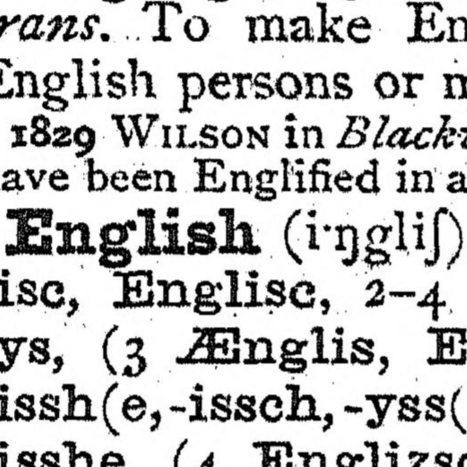Of course the official rule is that for countable things, like apples, we say fewer, as in, “Why are there fewer apples?” And for things that you can’t really count, you use less, as in “We need more dream time and less screen time.”
But recently, even from native speakers who’ve been to university, you can hear people using ‘less’ when the grammar books say they should use ‘fewer’. Language changes and there are many examples of things that we say differently than we write. What are your thoughts?
Should we grammar nazi this until everyone gets back in line? Should we just let language evolve and enjoy the ride? Do you think it will settle in with spoken and written forms being different? Do you think this will become the norm in English?
By the way, I blame supermarkets with their “9 items or less” signs.


Well, technically, in formal writing ‘less’ is incorrect. Do not use it if you want to come across as educated. It can be considered correct in casual speech because once something is common, we really can’t call it incorrect, but using it will have social implications when you are being judged on language.
Well, yes. That’s generally what I meant. I’m basing it off of the Merriam-Webster definition
https://www.merriam-webster.com/words-at-play/fewer-vs-less
For the most part, in common usage, the two have become unfortunate synonyms, like literally and figuratively have (ugh).